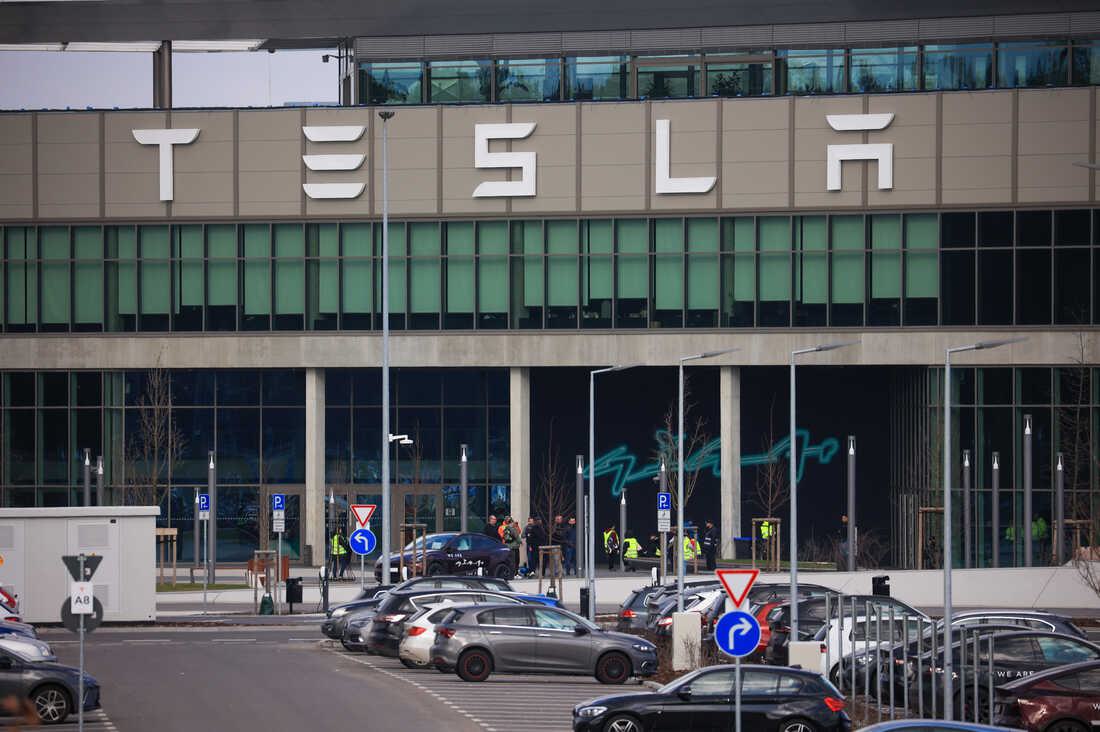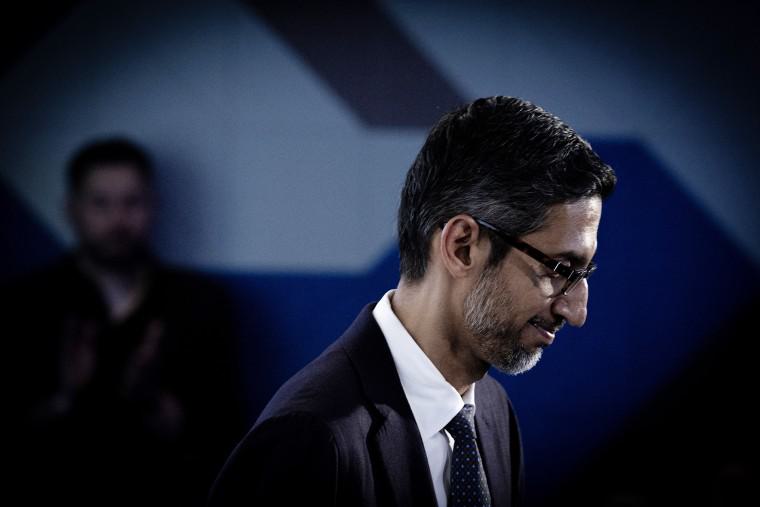5 Ways Brexit is Affecting the Food Industry, Economy and Tech Innovation - Dispatch Weekly
December 8, 2016 - Reading time: 11 minutes

Despite a partnership that has spanned 42 years, in June the U.K. voted to leave the European Union, with 52 percent in favor of so-called ‘Brexit’. The consequences have only just begun though, with U.K. industries set to change drastically as a result. Even the U.K.’s own Prime Minister Theresa May was against it, telling Goldman Sachs “the economic arguments are clear” in favor of remain.
#1 London’s Fine Food and Wine Industry in Peril
London’s once thriving imported luxury food and wine industry is set to have profits hit hard by Brexit.
The biggest concern for businesses is a reduction in immigration. The government has indicated a preference for skilled workers, rather than unskilled in the future, which could be disastrous for London’s restaurant industry.
London is home to over 27,000 businesses that trade in fine foods and wines from mainland European countries such as Spain, France and Italy. The industry generates over $17 billion each year.
Brexit is already plunging the industry into chaos because Britain’s devalued currency has made imports more expensive.
Monika Linton, founder of Brindisa, a chain of restaurants and shops, told Reuters, “We’ve had to increase prices. The valuation has tumbled so far that we couldn’t sustain our margin.”
London business are worried that without the security of free trade, foods they import that have short shelf-lives will get stopped at the border and spoil by the time they make it into the U.K. Currently there is very little paperwork involved, but Brexit could completely change that.
Linton said, “All the suppliers are going to have to have labels for Britain instead of labels for Europe, which is a really expensive and slow process.”
#2 Cost of Chocolate Set to Increase

As a result of Brexit, chocolate lovers in the U.K. may soon find themselves paying more to get their fix of luxury European chocolates, such as Lindt.
The U.K. imports much of its chocolate from the EU and if tariffs are introduced the cost of buying chocolate could increase as well.
The U.K. is one of the leading consumers of chocolate in the world. In 2015 each British person ate on average 16.3 pounds of chocolate. Only Germany and Switzerland consumed more chocolate per capita that year.
However, some good might come from Brexit. The Ivory Coast is currently the world’s largest producer of cocoa beans, but the U.K. does not buy their cocoa beans or chocolate products in large numbers.
Brexit might be an opportunity for the U.K. to rethink its relationship with African businesses.
There has already been a chocolate-related controversy in the U.K., when a Scottish politician expressed dismay at ‘Toblerone’ chocolate bars being changed for the worse, supposedly as a result of Brexit.
#3 Putting the Brakes on the U.K.’s Car Industry

Toyota is one of a number of car manufacturers in the U.K. which is concerned about import costs and tougher immigration laws as a result of Brexit, according to The New York Times.
Toyota is strongly reliant on buying parts and hiring staff from mainland Europe, as the U.K. lacks skilled workers (namely engineers) and parts manufacturers. Not only that but many of the cars manufactured in the U.K. are sold in European markets.
If the U.K. places tariffs on future EU trade deals and limits future immigration, Toyota might find that it costs more to export their finished products, they are unable to hire sufficient numbers of workers and crucial parts become more expensive to import.
Anthony J. Walker, deputy managing director of Toyota Manufacturing in Britain, said, “We would have to reduce costs, which would be very hard.”
German officials have expressed concern over the future of the U.K. car manufacturing industry since Brexit, warning that the U.K. needs to avoid ending up like Italy, which has seen numbers of cars produced annually plummet over the last 20 years, from 2 million to only 500,000.
Peter Tsouvallaris, representative for British workers union, Unite, said:
“It is absolutely suicidal.”
#4 Major Banks Set to Leave U.K., Affecting Economy

According to French officials unnamed ‘major banks’ are set to move their operations out of the U.K. and into mainland Europe after Brexit.
Speaking to the BBC and Newsnight, Benoit de Juvigny, leading French financial regulator, said that some of the largest international banks were setting up subsidiaries in Paris, while other businesses had made enquiries about leaving the U.K.
According to Mr de Juvigny, these major banks are at the ‘due diligence’ stage of preparing to move, which means that they are undertaking the expensive and lengthy process of scrutinizing the deals and locations involved in the move.
The financial sector is hugely important to the U.K. According to a report by TheCityUK 2.2 million people work in the finance sector, accounting for over 7 percent of all employment.
Almost 12 percent of all economic output comes from the financial sector. Since 2007 foreign investment has accounted for £100 billion ($126 billion) entering the economy.
Anthony Browne, British Bankers Association, said, “Many smaller banks plan to start relocating before Christmas. Bigger banks are expected to start in the first quarter of the year.”
“Their hands are quivering over the relocation button.”
A number of European cities have been revealed by Newsnight as potential locations for businesses leaving the U.K. These include: Paris, Frankfurt, Dublin, Luxemburg, Amsterdam, Madrid, Bratislava, and Valletta.
#5 Tech Industry Leaders in a Panic Over Immigration Concerns

London’s future as center of technological innovation is being put at risk by the uncertainties of Brexit, leading tech entrepreneurs have told British government.
British Prime Minister Theresa May recently received a letter from UK-based leaders in the tech industry calling on her to do more to safeguard businesses operating out of London. Signatories of the letter include Skype co-founder Niklas Zennstrom and Bernard Liautaud, partner at Balderton Capital, amongst others.
The letter called on May to guarantee continued access to the best technical talent from mainland Europe. Quotas on hiring immigrants with specific skills that are valuable to tech companies will severely limit the growth for tech start-ups, according to the letter.
“What the UK government need to make sure is that technology companies still have access to the best talent in the world,” said Zennstrom. “If (that happens) without a lot of red tape, we are going to be fine.”
A new report by the National Institute of Economic and Social Research has expressed serious concerns if immigration to the U.K. falls by too much. The report estimates that if a ‘hard’ Brexit goes ahead, growth of gross domestic product per head will decrease by 5.4 percent.
There are early indications that the U.K.’s tech scene is already in trouble. Since the Brexit vote in June, investment in London’s financial technology sector has fallen, while Germany is now receiving 35 percent more funding than in London, according to KMPG and CBInsights.
Was the U.K. right to vote for Brexit? Do you think that U.K. industries will suffer as a result of the vote?

DW Staff
David Lintott is the Editor-in-Chief, leading our team of talented freelance journalists. He specializes in covering culture, sport, and society. Originally from the decaying seaside town of Eastbourne, he attributes his insightful world-weariness to his roots in this unique setting.




